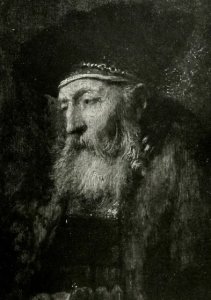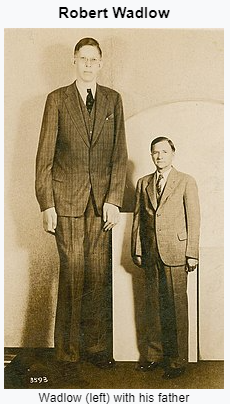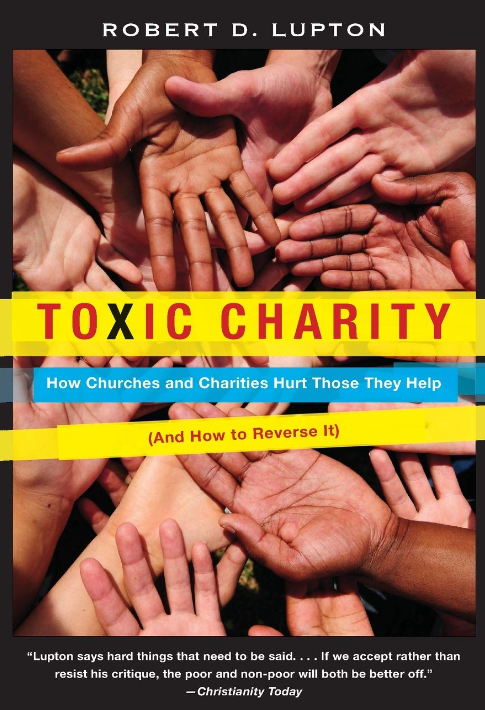
David and Goliath
As many who have followed me for a bit, I have fallen into the Psalms, and I can’t get up! (As if I would want to.) The Psalms are a majestic collection of poetry, of heart felt human experiences that constantly challenge me in my own frail attempt to follow the true King. As many of the Psalms are written by David, my study on the Psalms has spurred me on to looking at the life of David, is the main contributor to this book, and to follow the victories and tragedies of the shepherd King of Israel.
Many times in the narrative, we will see the Lord Jesus, imperfectly, yet a reflection of His spirit in a man with weaknesses.
The passage before us is the set up for the famous chapter telling the story of a young shepherd taking out a giant of an enemy! Even the most unread Christian has heard of the story. It is very familiar to many, but as we venture through, I believe we will see some details and truths that will be a blessing and challenge for us to consider.
In our last post on this upcoming victory of David over the giant, we considered the nation attacking them and the location of the battlefield. The Philistine army was encamped within the boundaries of Israel, choosing the location to their advantage, waiting for Israel to show up.
Until we get to the internal concerns of the Israeli armed forces, lets take a minute to consider the problem they were facing.
Goliath.
1 Samuel 17:4-7
4 And there came out from the camp of the Philistines a champion named Goliath of Gath, whose height was six cubits and a span.
5 He had a helmet of bronze on his head, and he was armed with a coat of mail, and the weight of the coat was five thousand shekels of bronze.
6 And he had bronze armor on his legs, and a javelin of bronze slung between his shoulders.
7 The shaft of his spear was like a weaver’s beam, and his spear’s head weighed six hundred shekels of iron. And his shield-bearer went before him.
It turns out that Goliath, although the most famous of giants, was not the only giant to be roaming the area. There appeared to be multiple giants in the region, a descendant of Rapha. During David’s reign, many of the giants fell, and there may be a lesson in that for us.
One victory spurs on additional victories. One bold move by a young shepherd emboldened other warriors to take on giants. I can hear the apostle Paul speaking of this same concept in Philippians
Philippians 1:14 And most of the brothers, having become confident in the Lord by my imprisonment, are much more bold to speak the word without fear.
There is some debate as to whether Goliath was a Philistine, or hired as a mercenary to fight for them.
His appearance, and his boasting brought about fear and trembling, working the very effect the Philistines were seeking to have.

Consider that Goliath was over 9 feet tall. For the sake of getting a feel for the scale of this man’s height, I would refer you to Robert Wadlow. In the past, I have visited Ripley’s Museum and seen a statue of Robert Wadlow, the tallest man in recorded history. His height reached 8′ 11″.
To be dwarfed by a giant like Wadlow had an impact on me, yet his bearing was that of a thin man, a man that was not of the warrior bearing as Goliath. To see Goliath, a warrior decked out in all the defensive armor as Goliath must have intimidated everyone. Surely this was Goliath’s greatest psychological power over his combatants.
And yet Goliath did not simply depend only on his natural stature, but also on his weapons of warfare, both offensive and defensive.
His defensive protection included a helmet of bronze to protect his head. As we know from the account of the battle, it didn’t help him against David’s stone. He also wore a bronze coat of mail, or body armor weighing over 120 pounds. His final protective equipment was that of armor on his legs. He was suited out for every conventional protection, taking no chances in any battle!
His offensive weapons included a javelin and a spear. It appears the javelin may also be understood to be the sword that David turned on Goliath, chopping his head off! The spear alone is described as massive, with a head equivalent to 16 pounds.
On top of all of this protection, Goliath had an armor bearer, holding a shield before him. This guy was intimidating and protected.
Goliath left nothing to chance! He was larger, stronger, more experienced, more confident, over protected and trained in wielding the sword and spear. For those who heard of his challenge, it must have seemed to be a suicide mission.
Everything was playing out for Goliaths goals. He knew he had the advantage, and everyone around him knew he had the advantage. He had every physical advantage, had the upper hand in psychological warfare, and came against a nation that wasn’t able to equal his challenge.
It was a slam dunk for Goliath. Even if King Saul came out to battle, Goliath still had the advantage. Remember that of all the men of Israel, Saul was the tallest, and as the King, he should have led the country into the fight Goliath demanded!
The only slip Goliath made was to defy the Living God. Up until then, everything was going Goliath’s way.
But a young inexperienced teenager heard the slur against his God, and in his inexperience, in his blind faith, in his trusting self sacrifice, he stepped up.
And Goliath fell down.
But I am getting ahead of myself. Our next passage will look at the slurs that Goliath spread, the defiance that became his downfall.
Oh how the mighty have fallen!
Thanks again for coming to visit. I hope you found something of interest in this post and would appreciate a comment, to begin a discussion. If you know someone this blog may bless (or challenge), send them a link, so they may join us in our discussion.
Come join us at Considering the Bible








